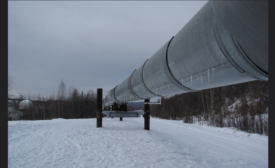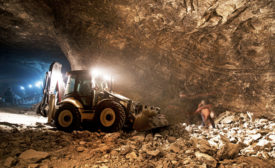News
Nebraska Congressman honored for OSH efforts
His leadership has a "bipartisan spirit"
March 6, 2019
Coal company officials charged with lying about Black Lung risks
“West Kentucky miners are about action, not just happy talk"
March 4, 2019
Never miss the latest news and trends driving the safety industry
eNewsletter | Website | eMagazine
JOIN TODAYCopyright ©2024. All Rights Reserved BNP Media.
Design, CMS, Hosting & Web Development :: ePublishing










